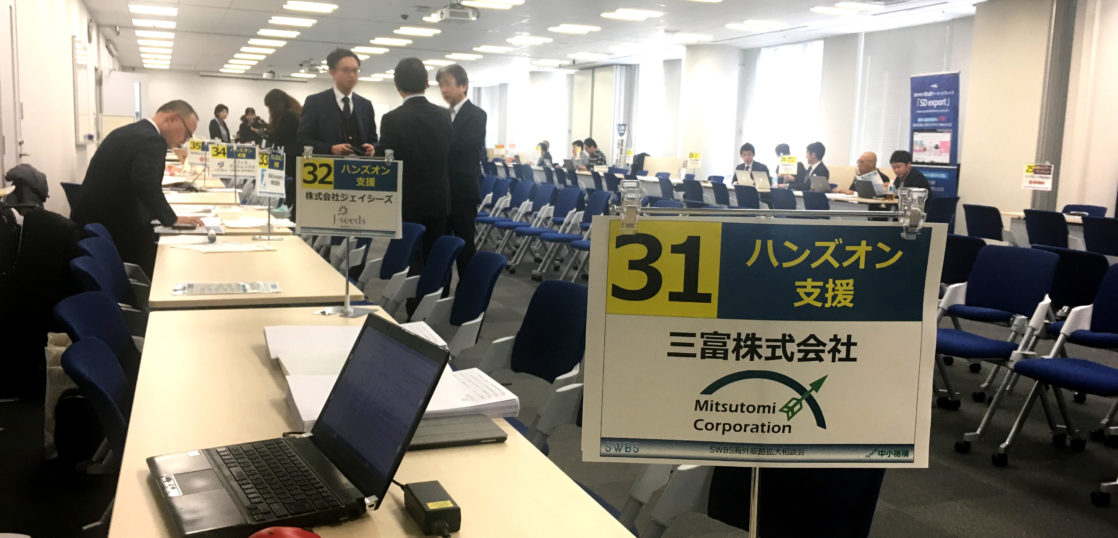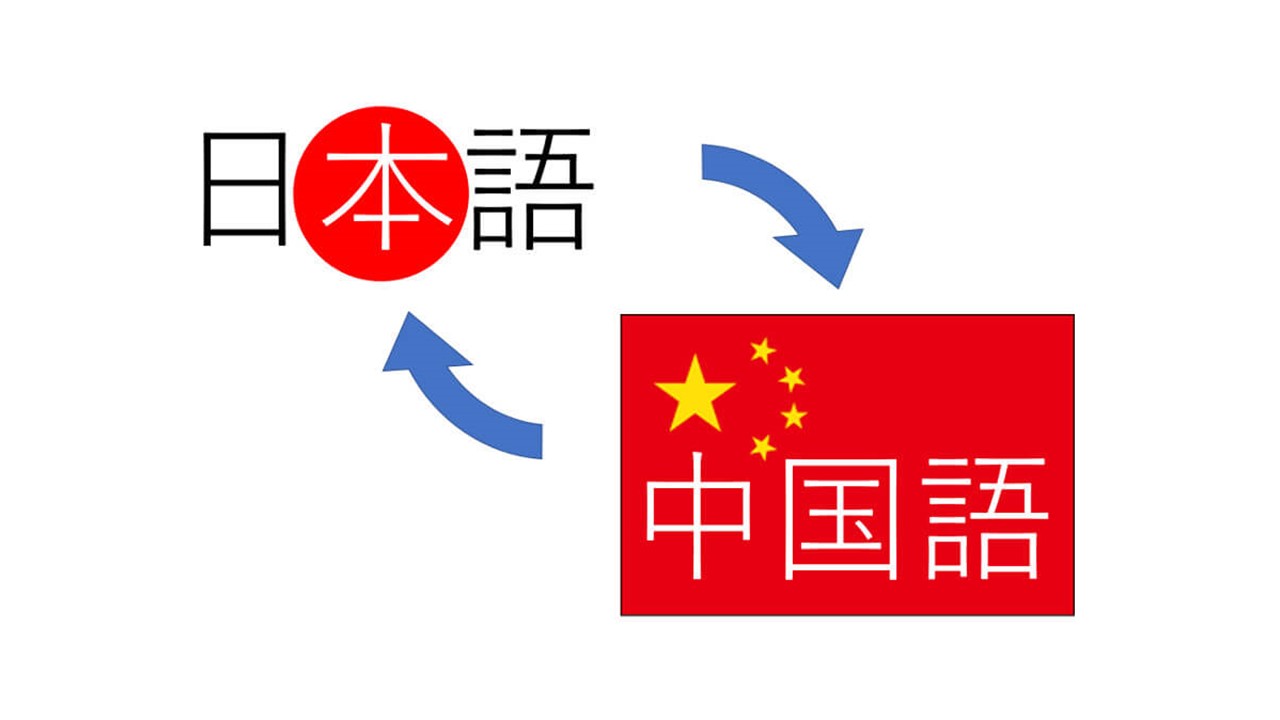Exhibited at an event specializing in the expansion of overseas sales channels.
On February 8, I participated in an overseas sales channel expansion consultation meeting held in Tokyo (Shimbashi) as an authorized advisor of the Small and Medium Enterprise Corporation of Japan (SMEJ).
This event is dedicated exclusively to the "expansion of overseas sales channels" for small and medium-sized enterprises (SMEs), and is held in the form of a consultation (business meeting), where overseas support companies certified by the SMEs provide on-the-spot solutions to problems.
Although it was a short event, lasting from 1:00 to 6:00 p.m., more than 300 people attended, exceeding expectations, and the venue was filled with the passion of small and medium-sized businesses.
Our booth, which provides support for Chinese business, was a big success, and we received many consultations, including from companies that had made reservations in advance and from companies that came in on the day of the event.
Although we could only spend about 30 minutes with each company due to the large number of companies we had to consult with, it was a very productive day for us to talk with a wide variety of companies.
Thoughts as a China Business Supporter
Most of the small and medium-sized companies that came to us for consultation felt that doing business in China was difficult. In particular, those company managers who had experienced painful experiences in Chinese business had a strong distrust of Chinese companies as a whole. It is true that there are many aspects of Chinese business that Japanese common sense does not apply. Even a Taiwanese president I know who is very successful has failed in his business in China.
Despite the difficulties of doing business in China, there are many companies that are doing business successfully and generating profits. When we listen to the stories of companies that have failed in their China business, we often feel that there are weaknesses in their risk management and organizational structure. When business is going well, it is possible to manage the business even if there are some problems, but when sales start to decline, the weak areas come to the surface and make the situation worse.
If you are not keenly aware that you are doing business in China, where competition is fierce, your China business will fail no matter how many times you try.
In order for small and medium-sized Japanese companies to survive in the Chinese business market, they must be able to identify where there are risks in business negotiations and negotiate to minimize those risks as much as possible. In addition, in large business negotiations, it is necessary to make efforts to build relationships with the client's senior management and to establish personal ties with them.
When we provide support for business in China, our first consideration is not point-to-point business, but ratherface-to-face businessThe question is how to create a Japanese companies are as powerful as dragons when they operate as an organization. However, when it comes to each individual, unfortunately, the Chinese are a cut above the rest. Companies that are successful in Chinese business understand their own strengths, and are able to successfully demonstrate their unique organizational capabilities.
China is evolving day by day. Small and medium-sized enterprises (SMEs) will not be able to avoid getting involved with Chinese companies, whether they like it or not. If you are going to get involved in China business, we hope you will be successful.
Please feel free to contact us if you have any problems with your China business.



